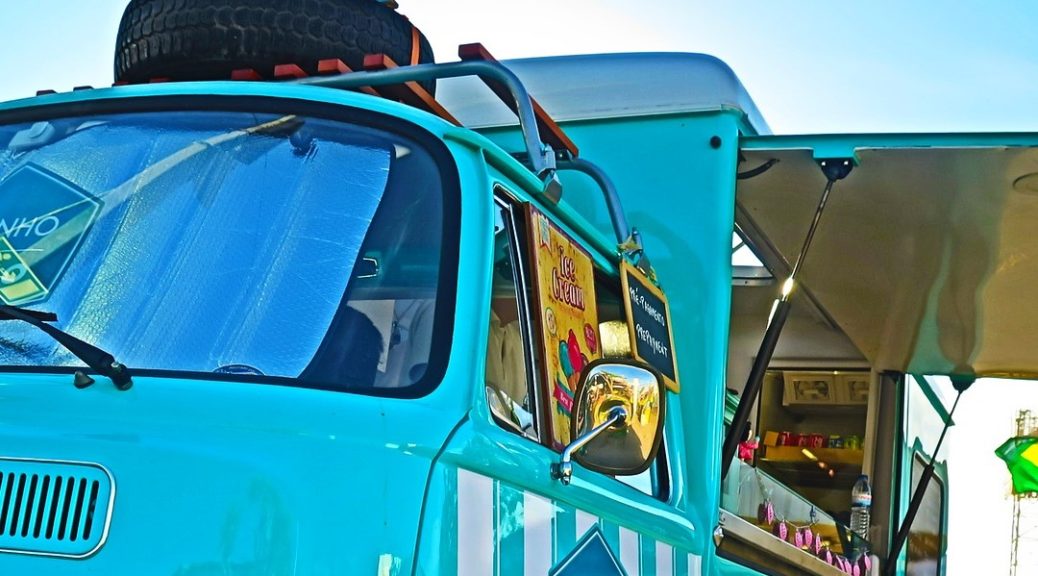Sharing the name of the apartment complex around it, at perhaps a quarter mile long, Coleridge Road rammed straight through the projects. It was the crossbar between two semi-parallel streets that offered alternate routes to similar destinations, though their side roads led to completely different ends. The front one was the busy mainstream people took when speeding to Asheboro’s white or blue collar districts. People motoring on it clearly had somewhere to be, somewhere to go, something to do. It was also a geographical cordon and dangerous to cross – nobody wanted to slow or stop. That intersection saw a lot of accidents. One car attempting to cross it from Coleridge got chopped in half by an SUV.
The rear street was lazier, more meandering and accommodating, but presented dangers of its own. It veined into Asheboro’s darker areas where gunshots and crack pipes left blooming but distinctive scents in the air. Like many of its occupants, even the projects back there went only by a nickname, ‘Low Rent’, which spoke to a key feature of their character. Life itself got cheaper the deeper one went.
Like a giant middle finger flipping up from Coleridge Road into the heart of the complex, Kemp Boulevard looped about 100 yards uphill, past my apartment, where two friends and I stood sweating on a corner sidewalk. We shared a cigarette and peered downhill toward one of the other parking lots to pinpoint the tinny music that had pulled us outside to the curb – a rarely seen ice cream truck. From this distance, the kids resembled roaches as they scampered toward the sugar. Heatwaves shimmered above the asphalt, creating what appeared to be a mirage – an oasis or the birth of a metaphor for hope. Or both.
We wondered how many times it’d visit before somebody robbed it. Then we wondered whether we could trick the vendor into handing us one orange sherbet, one rainbow push-pop, and one Mickey Mouse as we pretended to dig in our pockets for money. It was 1993, hot as hell, and we were twelve and broke.
“They’d probably hand it to you… but not us,” J, the shortest but fastest of us said, meaning – ‘You’re not black’. Puff nodded his agreement, and they both grinned. I knew the look. It teased that I looked soft, innocent – untested.
“Oh, hell, nah! I’ve done more stuff than both of ya’ll!” I cited the fights, the stealing, the broken windows and sliced car tires. I was the most prolific.
“Well, you the one ain’t been to training school,” said Puff, the strongest fighter in our age bracket. He hit the dwindling cigarette.
“Only ‘cause I ain’t got caught like y’all.” The yet was implicit. I felt uneasy. We all knew prison was our inevitable destination. It was a fact of life in the projects, the only life we knew how to live. Around Coleridge, people didn’t dream of being doctors or lawyers or firemen… if they dreamed at all.
We all got quiet. I stubbed the cigarette butt. The ice cream truck turned onto Kemp, getting louder as it chugged up the hill and horseshoed around the bend. It became a big, boxy, yellowish riot of glittery stickers and calliopean music as it stopped in front of us. Suddenly we were jostled by a dozen excited children waving crumpled dollar bills or punching a fistful of loose change at the vendor.
My friends and I glanced at each other; they silently boosted me to attempt a free ice cream, but when I looked up, the vendor locked eyes with me and smiled. After a second he scowled and shook his head hard, as if to warn me, ‘Don’t you fuckin’ try it kid’. So I didn’t.
When he finally slammed and locked the serving window and pulled away from the curb, my friends and I gave chase and hopped onto the rear bumper. We clung to the panel-door seams and jumped up and down to bounce the truck, letting the driver know we were there, letting him feel our presence. Being seen and felt is its own sort of ice cream. It wasn’t slowing before turning back onto Coleridge, so rather than be slung off, we hopped off and hit the ground running. We scooped up rocks and thunked them off the truck’s back, laughing as it squealed its tires to gather speed toward the front street.
Though it soon disappeared, we still heard its discomfiting moon music a few moments more, until even that was gone, leaving a sticky residue in our hearts. Ice cream dreams never lasted long in Coleridge.
ABOUT THE AUTHOR. George Wilkerson lives on Death Row. He has been writing for some time, and it is a privilege to share his voice. Not only does Mr. Wilkerson share his writing here, he was also a contributor to Crimson Letters, an eye-opening book released in 2020, sharing the voices of those living on North Carolina’s Death Row.
Mr. Wilkerson can be contacted at:
George T. Wilkerson #0900281
4285 Mail Service Center
Raleigh, NC 27699-4285
![]()

I grow up in the same apartment complex as George and his family. I was very close friends with his older brother Michael. This poem just bought back so many memories. Good but mostly bad memories. No one really honestly can understand certain things unless you experience it in life. Prays for George and others that went through the struggle as we did in the projects.